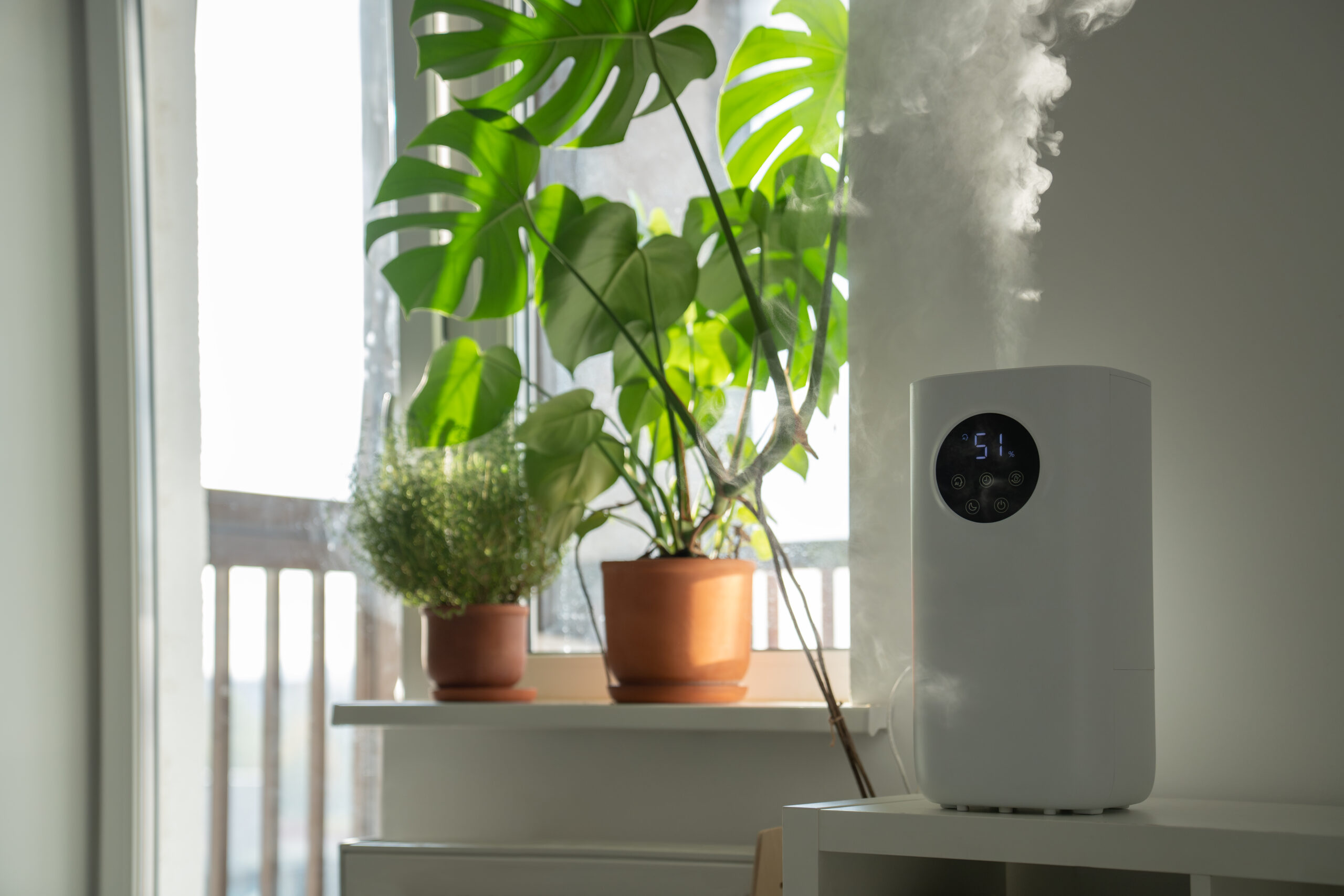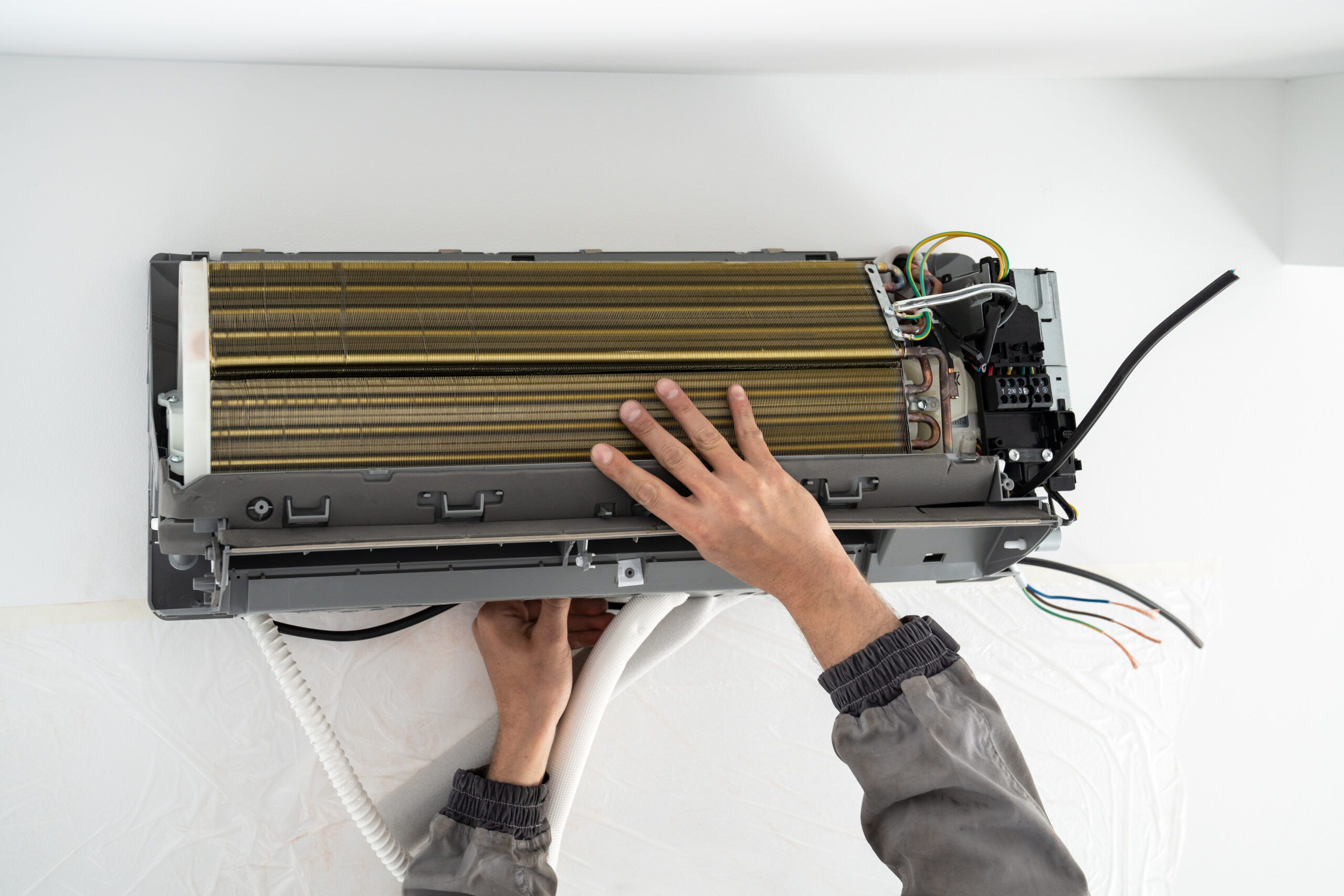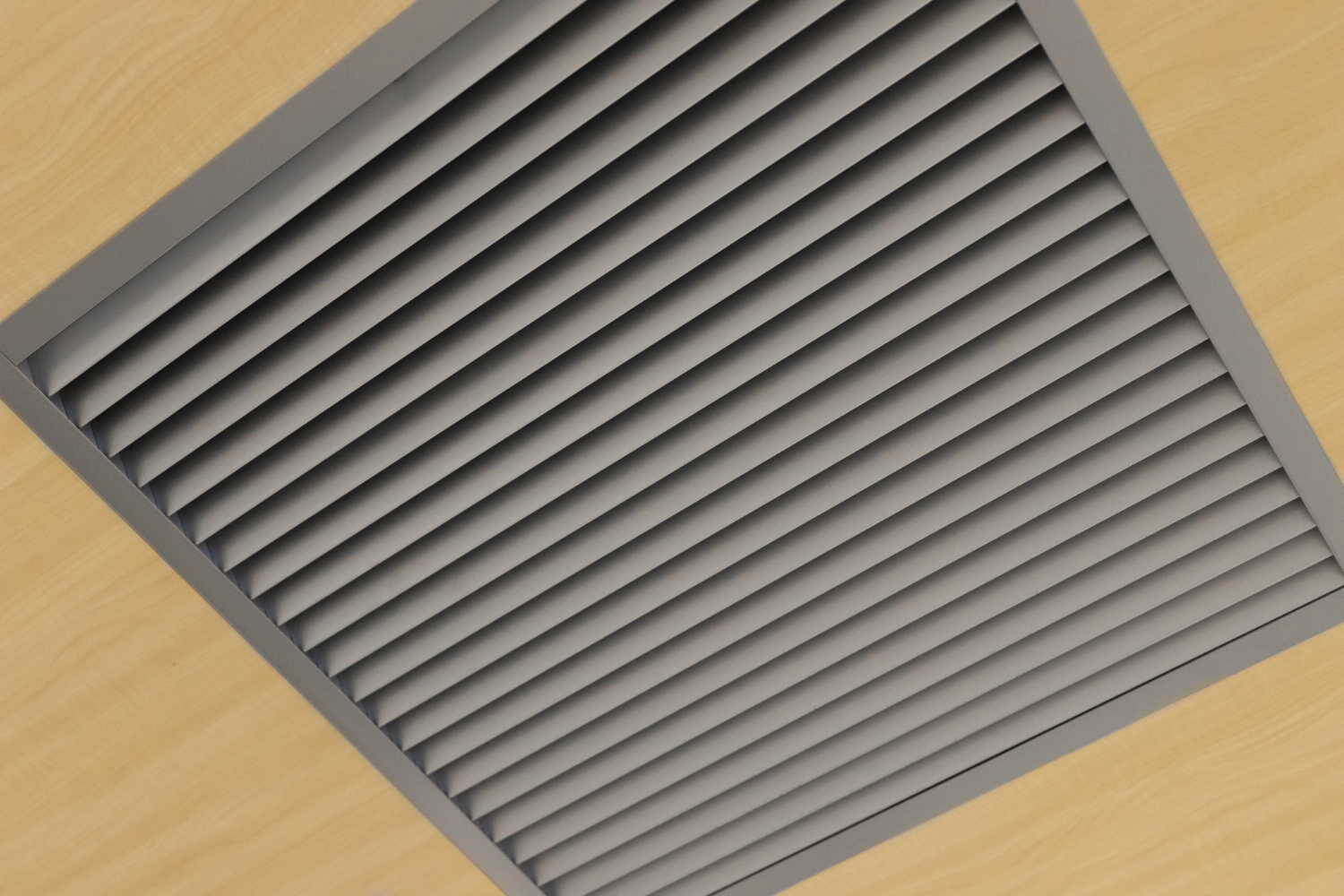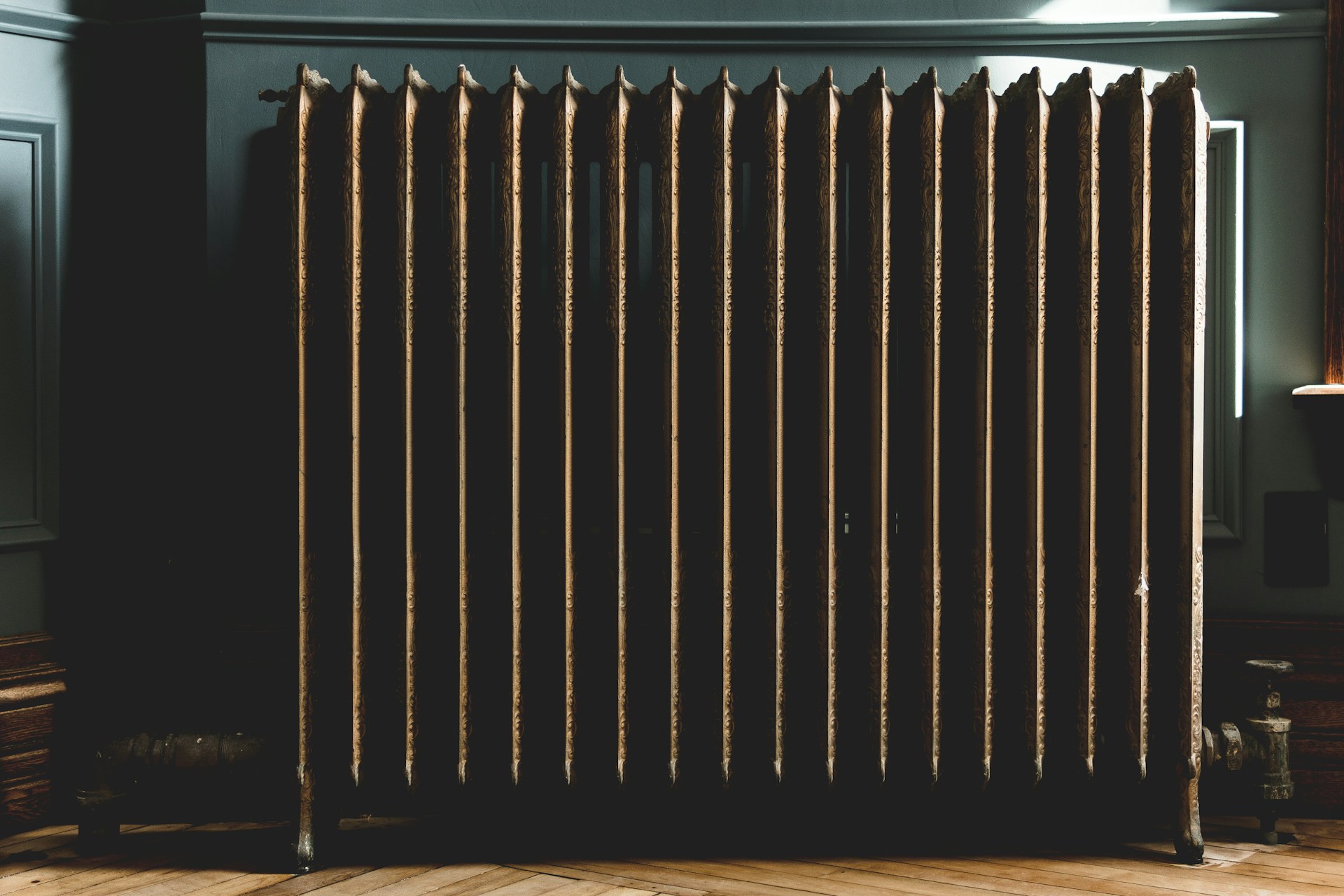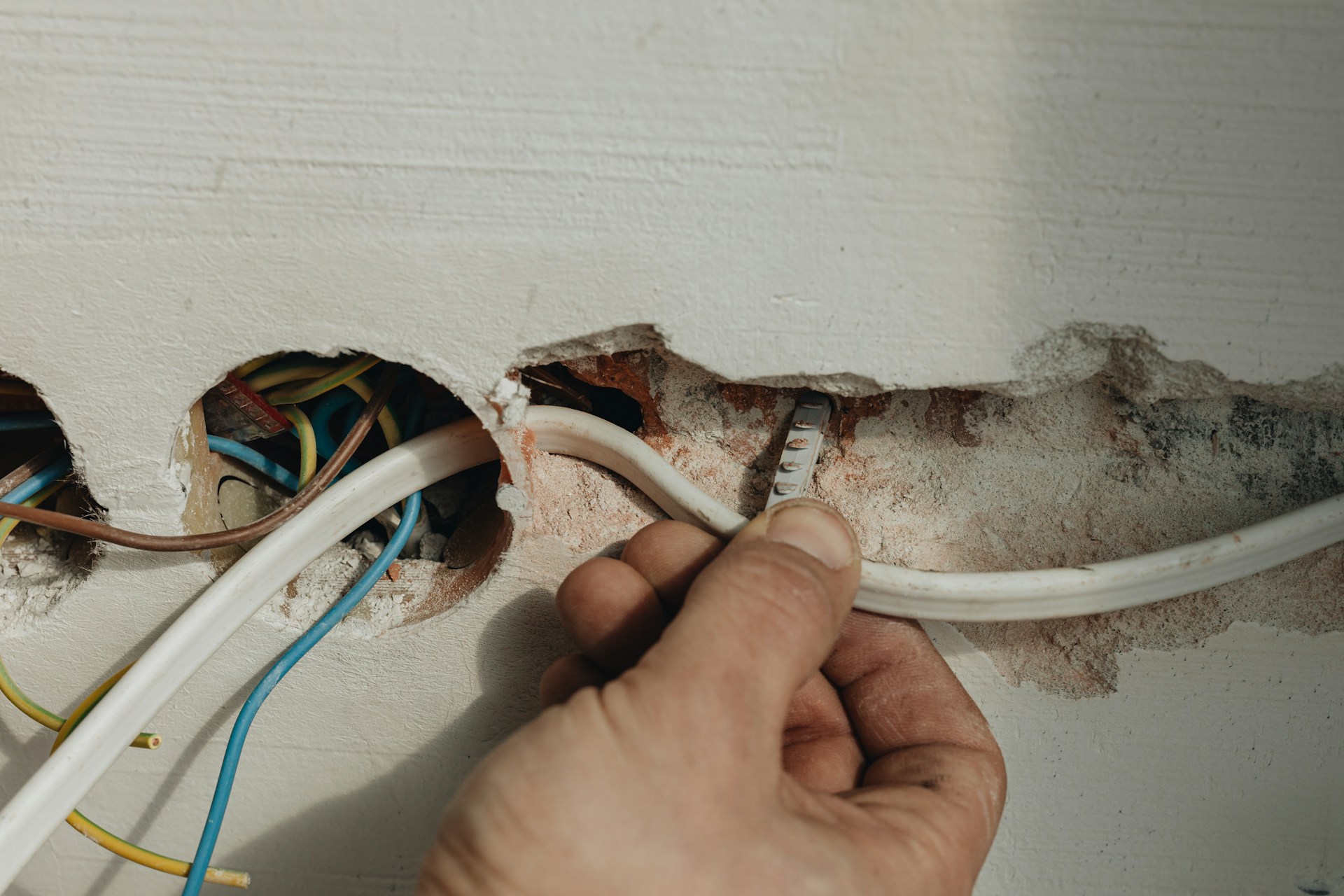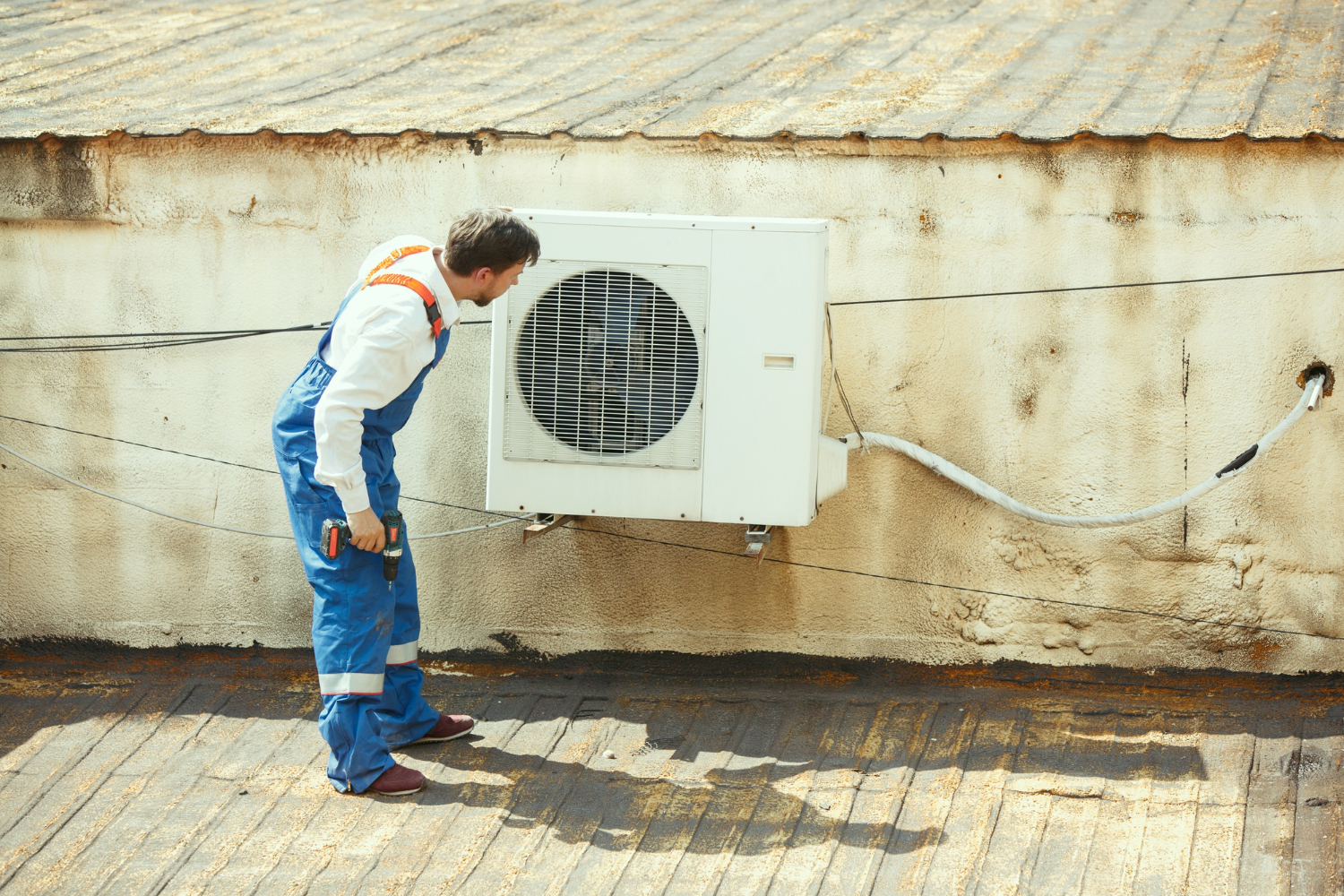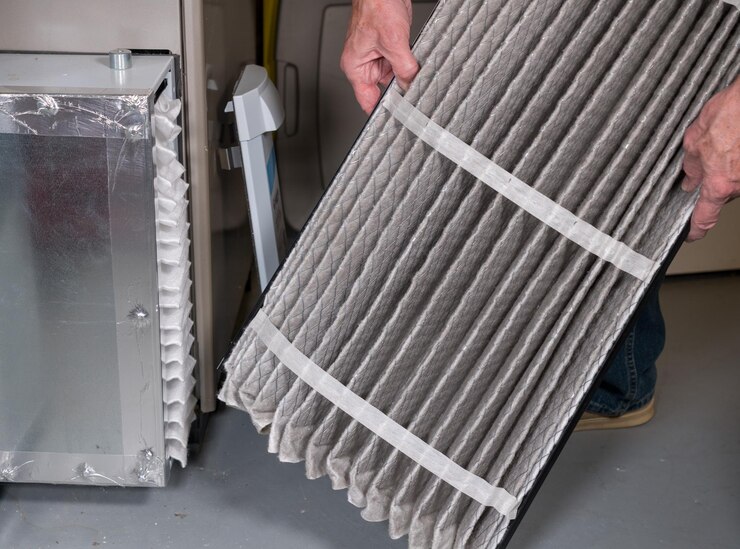Indoor air quality has a huge impact on our health and comfort. Spending time in a space with poor air can cause headaches, allergies, and other health problems. Fortunately, there are many simple things you can do to improve the air quality in your home.
Creating a healthier environment isn’t just about removing pollutants; it’s about making ongoing efforts to maintain and improve your indoor air quality. By taking some simple steps, you can ensure your home is a healthy place to live.
Improve Your Indoor Air Quality: Easy DIY Tips
1. Understanding Common Indoor Air Pollutants
Indoor air can be filled with various pollutants that you might not even notice. Knowing what these pollutants are can help you take the right steps to improve your air quality. One common indoor air pollutant is dust, which can come from multiple sources like dead skin cells, clothing fibers, and outdoor dirt that gets tracked inside.
- Chemical Pollutants: Many homes contain chemical pollutants from everyday products. These can come from cleaning supplies, paint, and even air fresheners. These chemicals, known as volatile organic compounds (VOCs), can cause headaches, dizziness, and other health problems. Reducing the use of such products can help lower the concentration of VOCs in your home.
- Biological Pollutants: Mold, pollen, and pet dander are all biological pollutants that can affect indoor air quality. Mold grows in damp areas and can release spores into the air. Pollen can enter through open windows and doors. Pets shed skin flakes and fur, which can become airborne and cause allergies. Keeping an eye on moisture levels and regularly cleaning your home can help minimize these pollutants.
Understanding the common indoor air pollutants in your home is the first step to creating a healthier living environment. Recognizing these sources of pollution and taking steps to control them can significantly improve the air you breathe.
2. Effective DIY Methods to Improve Air Quality
Improving the air quality in your home can be simple and doesn’t always require expensive equipment. There are plenty of DIY methods you can use to make your home’s air cleaner and healthier.
- Ventilation: One effective way to improve indoor air quality is by increasing ventilation. Open your windows and doors to let fresh air circulate. Even just a few minutes can help reduce the concentration of indoor pollutants. Using exhaust fans in kitchens and bathrooms also helps remove pollutants at their source.
- Air Purifiers: Another effective method is using air purifiers. These devices can filter out dust, pollen, and other airborne particles. Choose an air purifier that matches the size of your room and make sure to change the filters regularly. This can help maintain a steady supply of clean air in your home.
- Houseplants: Adding houseplants can be a natural and attractive way to improve air quality. Plants like spider plants, peace lilies, and snake plants can help remove toxins from the air. Just make sure to water them appropriately to avoid mold growth.
- Regular Cleaning: Keeping your home clean can make a big difference. Dust, vacuum, and mop regularly to remove dust and allergens from surfaces. Pay special attention to carpets, rugs, and upholstery, as these can trap pollutants. Use a vacuum with a HEPA filter to ensure the smallest particles are captured.
By using these DIY methods, you can greatly improve the indoor air quality in your home. Small changes can have a significant impact on the health and well-being of you and your family.
3. Regular Maintenance Tips for HVAC Systems
Keeping your HVAC system in good shape is key to maintaining good indoor air quality. Regular maintenance can prevent problems and ensure your system is working efficiently. Here are some easy maintenance tips you can follow to keep your HVAC system running smoothly.
- Change Air Filters: One of the most important things you can do is change the air filters regularly. Dirty filters can block airflow and reduce the system’s efficiency. Aim to replace your filters every 1-3 months. This simple step keeps your air clean and helps the HVAC system work better.
- Clean Vents and Registers: Dust and debris can collect in the vents and registers, blocking airflow. Make it a habit to clean these areas with a vacuum or a damp cloth. This improves your system’s performance and ensures cleaner air circulates in your home.
- Schedule Regular Inspections: Even with regular DIY maintenance, it’s a good idea to schedule professional inspections for your HVAC system. Technicians can perform a thorough check, identify potential issues, and address them before they become major problems. Annual or biannual inspections can keep your system in top shape.
Keeping up with these regular maintenance tasks can extend the life of your HVAC system and ensure it runs efficiently. This not only improves air quality but also saves you money on energy bills and costly repairs.
4. Creating a Healthier Home Environment
Creating a healthier home environment goes beyond just addressing pollutants and maintaining your HVAC system. It involves adopting habits and making choices that contribute to overall well-being.
- Use Natural Cleaning Products: Opt for natural cleaning products instead of those with harsh chemicals. Vinegar, baking soda, and lemon juice are great alternatives that don’t release harmful fumes. These cleaner options help maintain better indoor air quality and are healthier for your family.
- Control Humidity Levels: Keeping humidity levels in check can prevent mold growth and dust mites. Use dehumidifiers in damp areas like basements and bathrooms. Aim to keep indoor humidity between 30-50% to create a comfortable and healthy environment.
- Avoid Synthetic Fragrances: Many scented products like candles and air fresheners release VOCs into the air. Choose unscented or naturally scented options to reduce airborne chemicals. Essential oils can be a great natural alternative for adding fragrance to your home.
- Keep Plants: Adding houseplants can improve air quality and lift your mood. Plants like aloe vera, spider plants, and peace lilies can help remove toxins from the air. Just be mindful of watering them properly to avoid humidity issues.
By taking these steps, you can create a healthier living space for you and your family. Each small change adds up to make a significant impact on the overall quality of life in your home.
Freshen Up Your Air: DIY Tips for Improving Indoor Air Quality
Improving your indoor air quality doesn’t have to be complicated or expensive. Understanding common pollutants, using simple DIY methods, and keeping up with regular HVAC maintenance are all effective ways to ensure you’re breathing clean air. Creating a healthier home environment also involves making mindful choices and adopting good habits.
Remember that clean air is crucial for your overall health and comfort. By following these tips, you can enhance your indoor air quality and create a safer, more comfortable living space for your family. Whether it’s changing air filters or choosing natural cleaning products, every little effort counts.
For expert advice and professional indoor air quality services, reach out to Turner On Services. Our team is dedicated to helping you maintain excellent indoor air quality and a healthy home environment. Call us today to schedule an appointment and take the first step towards better air quality!


